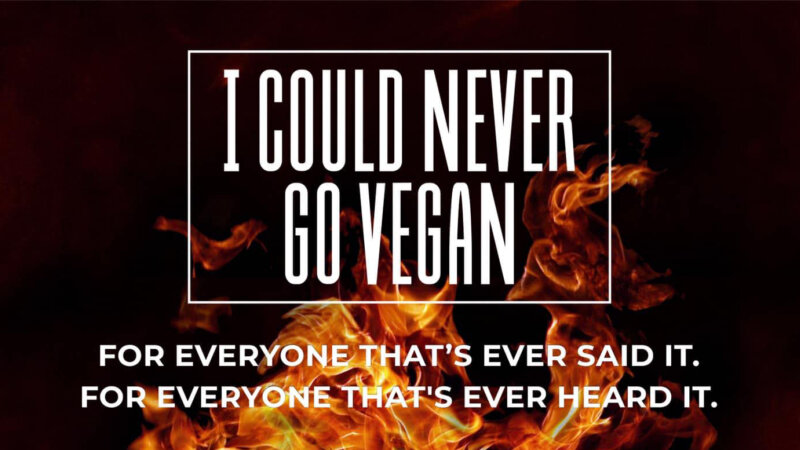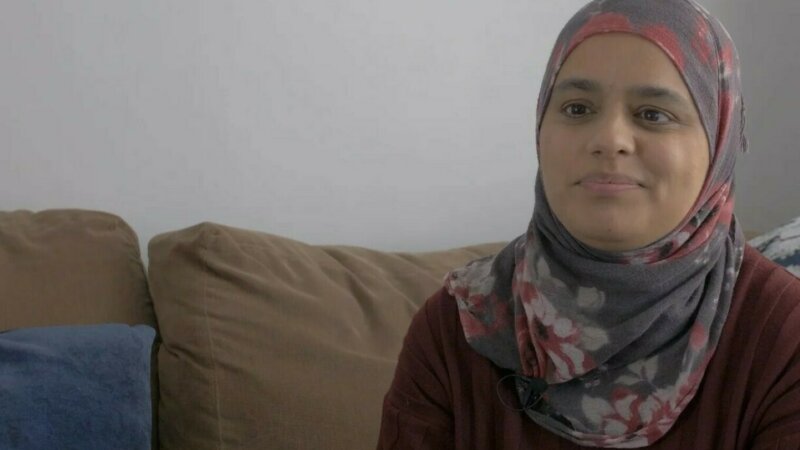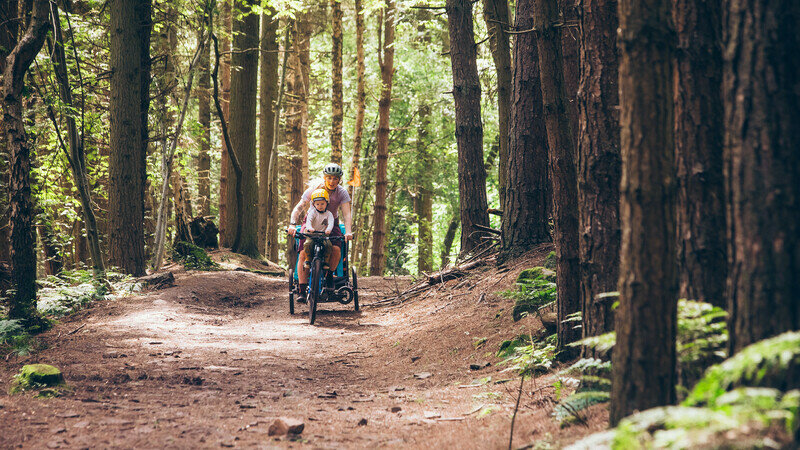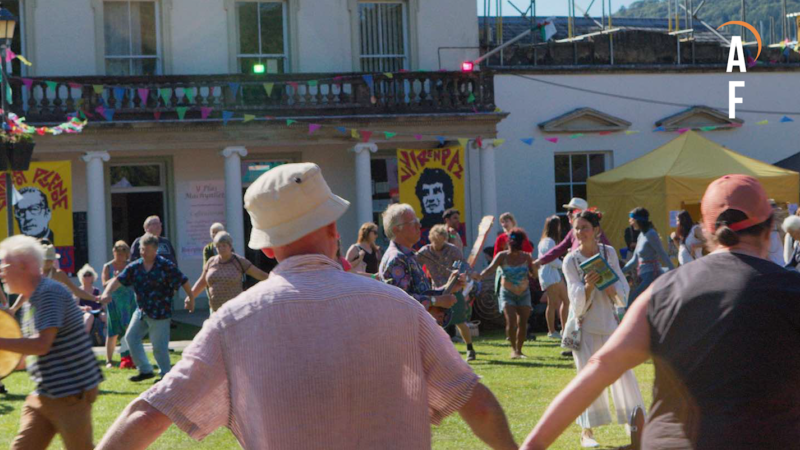Sheffield DocFest: Man on Earth review
In a world premiere at Sheffield DocFest, Man on Earth portrays a man’s final days before his assisted death.
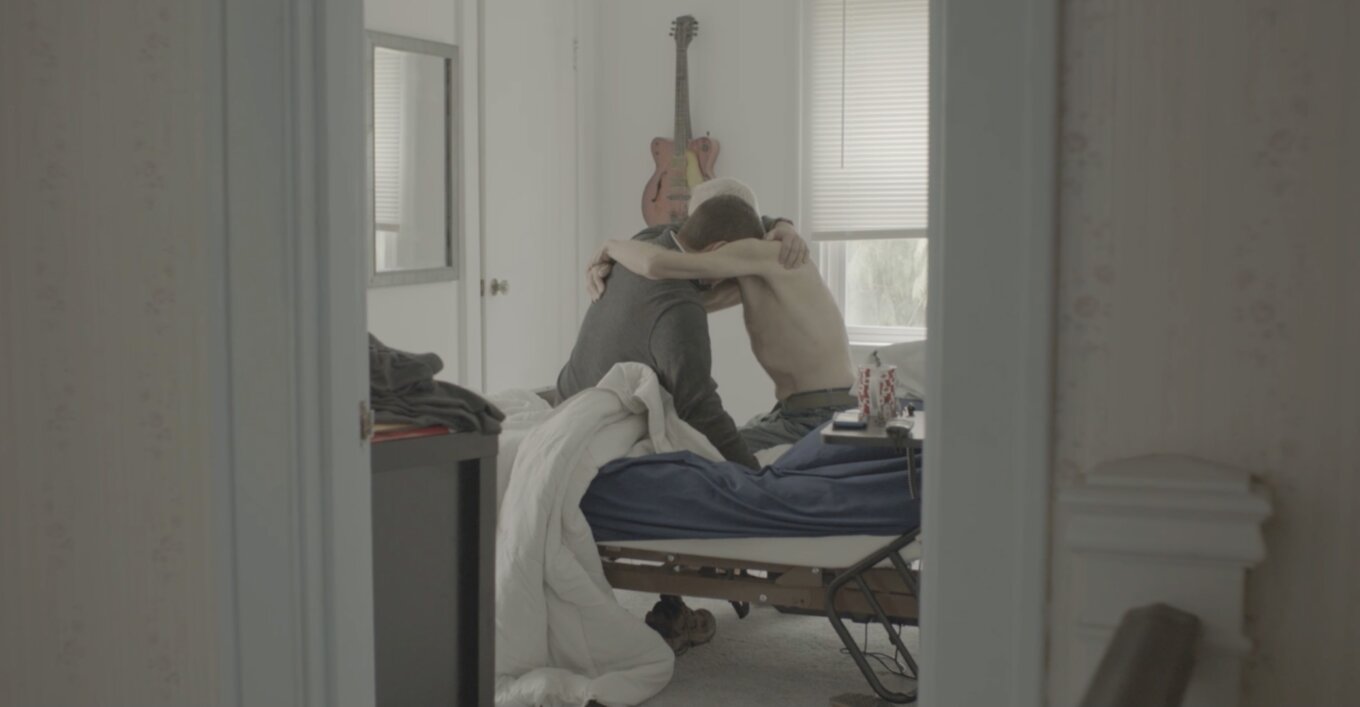
After living with Parkinson’s Disease for four years, Bob is exhausted and in pain. In Man on Earth, we spend the last seven days of Bob’s life with him as he prepares for an assisted death. He fears the prospect of the dementia he saw his father go through, and it is the anticipation of what that would be like rather than necessarily the current state he is in – awful though that is – that seems to be guiding his decision.
A moving portrayal that evokes bigger questions, Man on Earth is heartbreaking but not unrelentingly so. There are moments of humour and displays of love and affection. But, mainly, it is heartbreaking.
Having the opportunity to say ‘I’m not going to take this shit any more, I’m not going to live with it’, gives me the feeling that I’m in charge of my life. Nobody else is in charge of my life. I’m the one who’s in charge of my life.
That’s one of the things that scares me most, is losing my mind and knowing what it’s going to be like because you saw your dad do it.
Bob seems sad at what he is approaching but if he is seriously questioning whether he’s doing the right thing, we don’t see much of that. Fearing death less than fearing a greater level of impairment is not uncommon – many disabled people are told by strangers “I’d kill myself if I were like you” on an alarmingly regular basis and, offensive as that is to hear (I’ve heard it plenty), it is representative of a society designed to exclude. In a society that dehumanises disabled people, it shouldn’t be a surprise when people choose to die rather than risk being more severely impaired.
Relationships
Bob is being cared for by his son Jesse who, while practical and encouraging, is blunt and can come across as frustrated rather than concerned. Jesse talks of his stubborn father, saying he usually wins arguments because “I control his lifeline here. If I don’t provide his medication, he can’t really do anything, so, you know…”
This sounds chilling, knowing as I do the ways that disabled people can be abused by caregivers withholding medication. I have to give Jesse the benefit of the doubt, though; he is almost certainly joking. Bob describes his son as “his lifeline” and they are clearly close.
It doesn’t help, though, that I also know how many people in America choose assisted suicide because of feeling like a burden, as Jesse goes on to say, in front of his father, “[caring for Bob] is a struggle for me and my family”. But providing care to an unwell parent is, no doubt, a challenge, and denying that would be unrealistic and unfair.
However, these comments are unsettling and emphasise some of the ways disablism can contribute to people choosing suicide over continuing or worsening disability. Bob is making his own choice but no choice we make is entirely disconnected from the society we live in.
Bob’s other son, Quentin, “doesn’t want to participate in the rest of it because it would hurt too much”, Bob says. He acknowledges his decision may be hurting Quentin.
“He doesn’t accept what I’m doing. Or maybe he accepts it but doesn’t like it.”
Bob only lost his mom four months ago. He talks to his Alexa virtual assistant, playing music trivia quizzes. He tries to play the guitar but the shaking makes it impossible. He’s really happy that Bernie Sanders is standing for election.
'Go ahead, have it’
While Bob is clear about what he is doing, saying, “I have no qualms about doing this, it’s what I need right now, and it’s absolutely the right time”, he does not pretend that this is a smooth, easy, consequence-free decision.
I defy you to find somebody who’s not going to be scared when they do that. I don’t think you’d be human if you weren’t scared.
In a particularly powerful portion in the film, Bob speaks to Parkinson’s Disease directly: “You ruined my life. You ruined my fucking life. And I have no recourse but to say ‘go ahead, have it’.”
The film is slow paced, yet the seven days we spend with Bob seem to pass too quickly given that we know what will happen at the end. When we see him saying his goodbyes over the course of a few days, it feels like we’re intruding on moments that should have been for Bob and his loved ones alone. The film brings impossibly painful moments to a screen when, at times, it felt as a viewer that that intimacy should not have been shared with the world.
At a surreal party the night before Bob’s planned death, he speaks to his friends.
“Tomorrow, at about noon time, I will be saying goodbye to the world.” The sudden applause in response feels profoundly uncomfortable. Maybe it’s American exuberance rubbing up against British awkwardness, but to actively applaud the death Bob is hastening in order to avoid the end he fears from the disease he hates feels crass and inappropriate.
But as the night progresses he laughs with them, takes photographs, sings and hugs. You wonder whether the visceral love surrounding him gives him pause but, if his resolve is shaken, we do not see this.
Man on Earth is a powerful portrayal of an almost impossible decision. Opting for death over the unknown is a choice many can understand when the unknown is so feared.
Bob’s adoration for those around him oozes from the screen and there is humanity and beauty in his interactions. As for whether dying this way will save him from something worse, we – and he – will never know.
When Bob awakes on what he calls Day Zero, he immediately starts thinking of “all kinds of excuses not to do it”, but he concludes he has done everything he needs to have done. His final morning is almost too painful to watch. He cries with his step son. He plays the guitar with his best friend. He asks the woman with the lethal drugs if he can have a bit more time. And he phones his son and tells him not to be afraid to cry.




